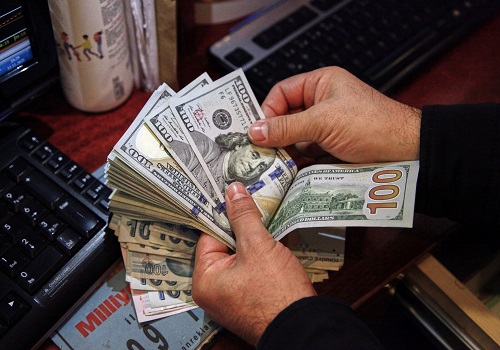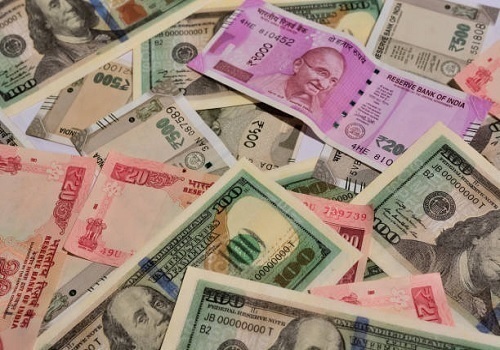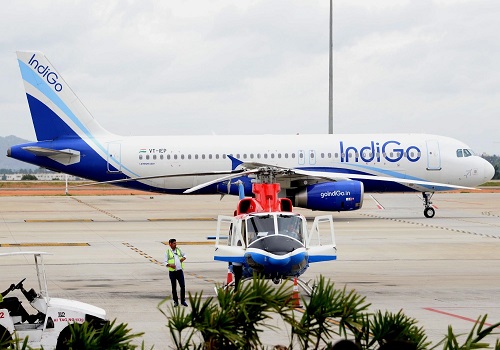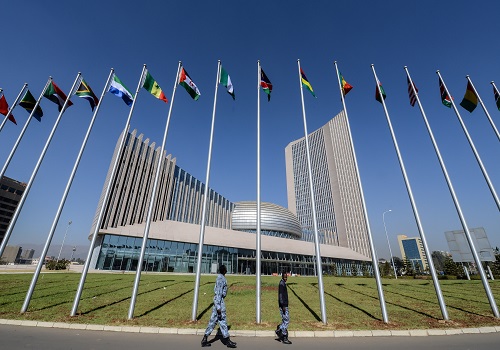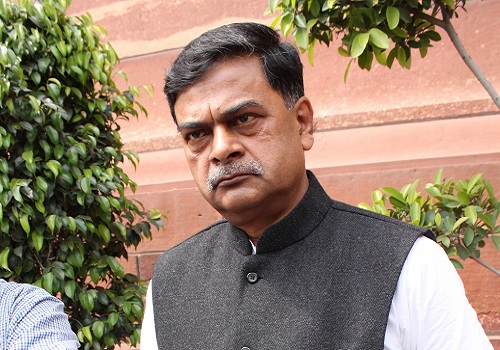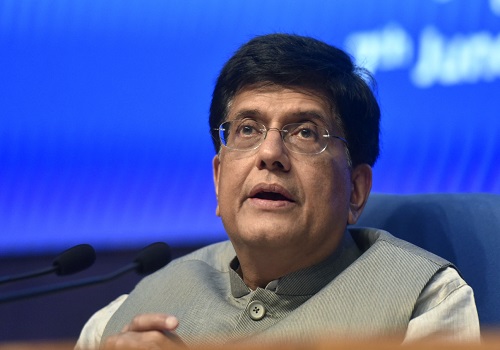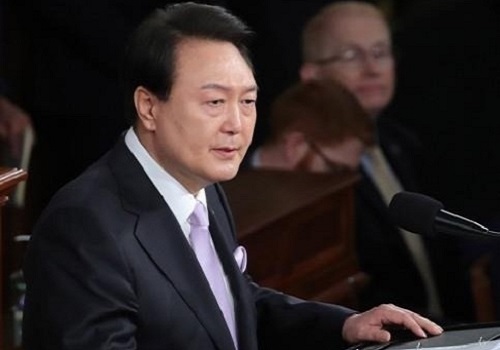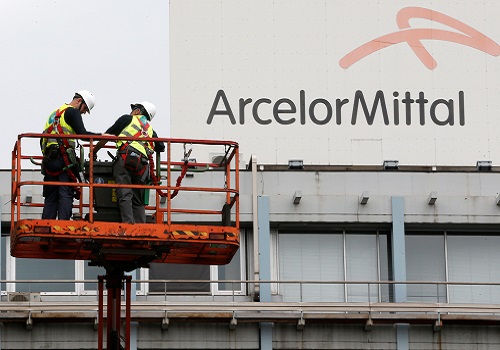Solar-power internet downloads opportunities for African refugees
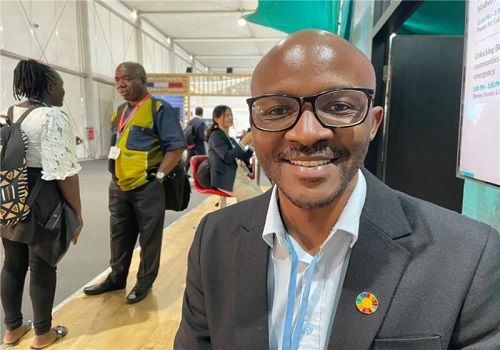
Follow us Now on Telegram ! Get daily 10 - 12 important updates on Business, Finance and Investment. Join our Telegram Channel
When Innocent Tshilombo arrived in Kenya's remote Kakuma refugee camp in 2009 after fleeing conflict in the Democratic Republic of Congo, he spent the first years recovering and looking, without much success, for something to do with his life.
"Refugees are not allowed to work and take employment. They don't have freedom of movement to do what they want, where they want," the 34-year-old said in an interview.
But landing some low-paid logistics work with aid groups operating in the arid camp in northern Kenya gave Tshilombo access to the internet, a bit of cash - and an idea.
With contributions from friends, he scraped together $70 to buy a solar panel, then landed some small seed-money grants to set up a $400 solar-powered internet node, with battery backup.
That allowed him - and other refugees - to earn university degrees online, set up digital and energy-access businesses and escape the boundaries of the dusty camp, at least virtually.
Today 17 such nodes, serving about 1,700 people, operate in Kakuma, a decades-old settlement of tents and tin-roof houses where almost 200,000 refugees live long-term, most with little prospect of ever returning to their former homes and lives.
"People in the camp, to be independent, need a stream of income. It can't come from physical work - but it can happen in the digital world, where there are less restrictions," Tshilombo, the founder of Kakuma Ventures, said in an interview.
Such online work also does not take jobs away from local people - often a sore point around refugee camps, he said, speaking at the U.N. COP27 climate talks in Egypt after winning a £25,000 ($30,000) prize for his work from sustainable energy charity Ashden.
'TRIAL AND ERROR'
Setting up the solar-and-internet business, without much experience beyond what could be gleaned online from instruction videos, was a challenge, Tshilombo said.
"It was a process of trial and error. We didn't have much knowledge," he admitted.
But once things were working, Tshilombo and others began studying online - from website design to computer science, graphic design and education - then looking for work, first from United Nations and aid group partners, then more broadly.
Finding people willing to study was not difficult, he said.
"In the camp, there is not much to do. There's no movies. People have enough time that they can learn big things and do big things if they're given the right platform," said the young entrepreneur, who in 2018 earned a business administration degree from the tuition-free online University of the People.
For now, online work available to graduates is still limited, Tshilombo said, and as more young people earn degrees and boost their abilities, finding enough work for them all is his business' newest headache.
"People are acquiring new skills but they don't know what to do next. We have to figure out how to absorb that group of people," he said, lamenting that "as soon as we solve problems, more problems come in."
But for those able to find digital work - or take advantage of solar power access to set up other businesses, from hair salons and dress making to cafes and phone charging - the payoffs are significant.
Tshilombo has built a sturdy tin-sheet home for himself, his wife and three children, and he said many families now earning an income can put their children in better schools, afford better medical care and open small businesses.
New money, hope and basic infrastructure in the camp - especially infrastructure that connects a remote place to opportunities in the rest of the world - "is bringing a lot of good", he said.
CHEAP, SUSTAINABLE
Those living near Kakuma's 17 internet nodes can buy unlimited monthly internet access for a little under $5 a month, he said, and clean energy is also available at a reasonable fee.
One benefit of solar power, Tshilombo said, is that once the upfront costs of installing it are paid, energy is basically free, boosting profits for small businesses like his.
"For places without electricity, green energy is the way to go," he said. "It doesn't cause harm to the environment, it doesn't require a lot of maintenance, we don't have to keep buying fuel. It's sustainable."
Tshilombo hopes over time to expand the number of internet-and-solar-power nodes in Kakuma to about 100, bringing access to power and online opportunities to a broader swathe of the camp's residents.
The award he won this month from London-based charity Ashden will accelerate the work, he said.
He also hopes to support policy reform to help refugees find more opportunities, become more resilient in the face of growing climate threats, and take advantage of green energy innovations.
"Refugees can contribute to a community if they are given a chance to do so," he said. "Otherwise they are abandoned forever."
Originally published on:













